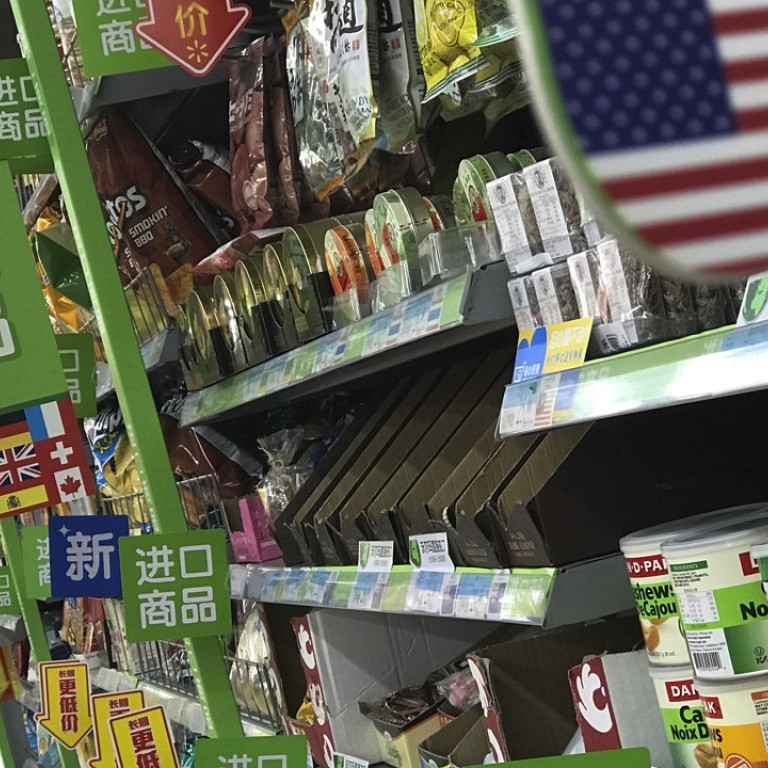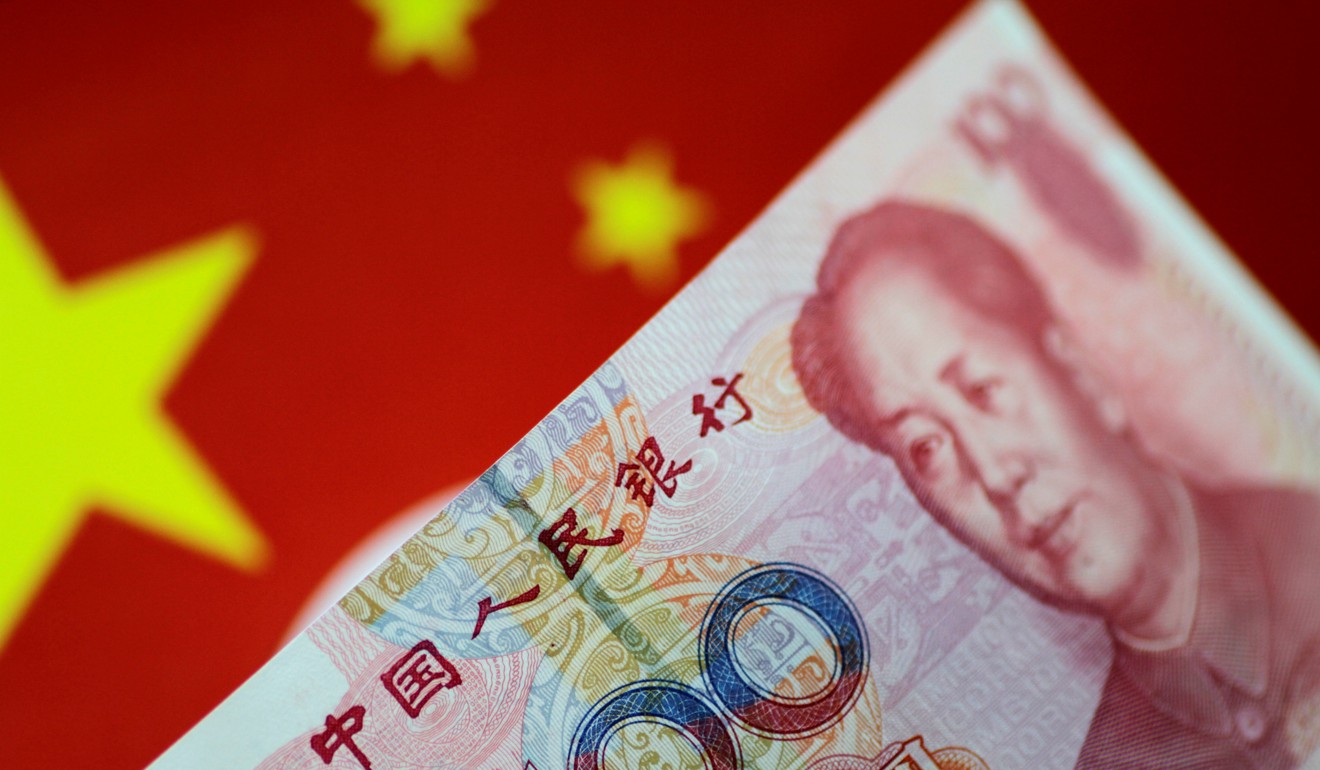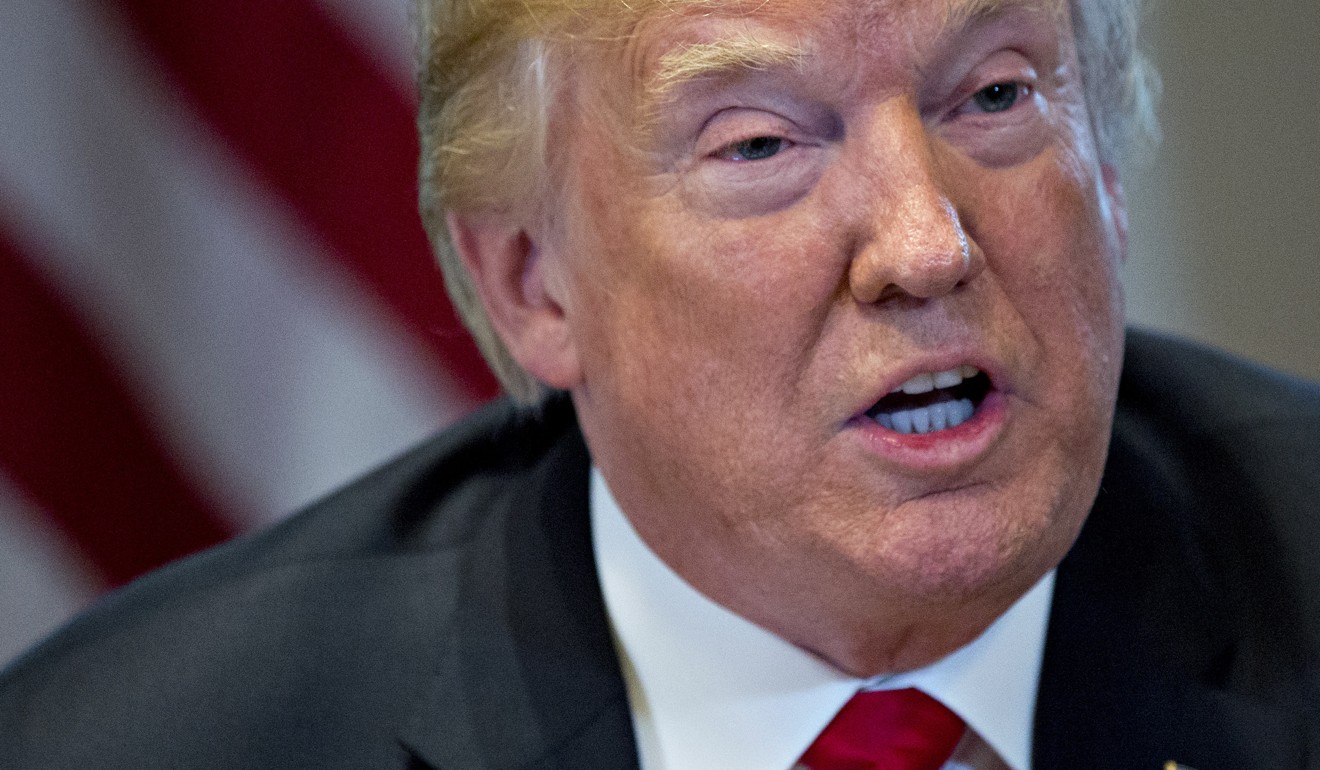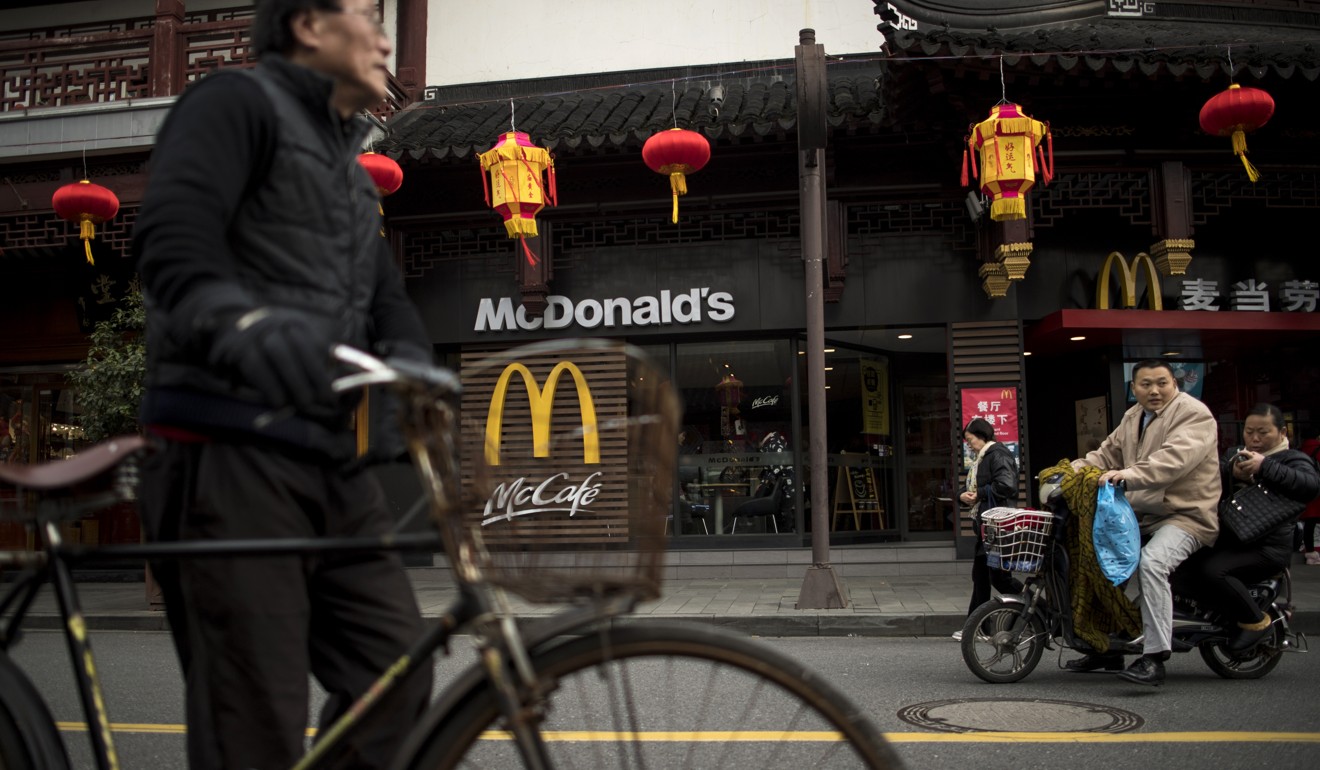
China and Trump’s tariffs: stop, or I’ll shoot myself too
Beijing has plenty of options to strike back against Trump’s latest tariffs: devalue the yuan, dump Treasury debt, boycott US companies. Unfortunately, all of them would damage China at least as much as the US
And when the US follows up with tariffs on another US$16 billion of imports from China, Beijing will again respond in kind.

Neither would work. Nor would boycotts of US companies operating in China.
China has ‘nuclear options’ in trade war with US … really?
To offset the effects of the proposed tariffs on US$250 billion of its shipments, China would have to devalue the yuan by 6-10 per cent. It could do that, but the expectation of further devaluations to counter future rounds of US tariffs would trigger massive outflows of capital from China’s financial system, potentially triggering a domestic crisis of confidence.

Selling US government debt wouldn’t work either. According to US data, China currently owns US$1.18 trillion Treasury bills, notes and bonds, or about 5.6 per cent of total outstanding US public debt.
If China were to dump all that on the market, it would certainly push US funding costs sharply higher. But dumping is easier said than done. If China tried selling in dribs and drabs, the market would absorb the supply. As the failure this year of the 10-year US Treasury yield to remain above 3 per cent demonstrates, there is no shortage out there of private buyers of US government debt.
Dear Trump, fix the books, not China, to cut deficit
And if China tried to dump the whole US$1.18 trillion in one go, the market would instantly dry up. The only potential buyer would be the US Federal Reserve, which in effect means the US government would be buying back its own debt at a cut price rate.

So if China can’t impose countervailing tariffs, can’t devalue, and can’t dump its holdings of US debt, Beijing will have to look for another means of retaliation. The most obvious would be to target the businesses of large US companies operating in China.
Would Xi Jinping vote for Donald Trump?
There are signs this is what Beijing is planning to do. It’s done similar before, orchestrating consumer boycotts of Japanese brands in 2012 in a spat over the Diaoyo/Senkaku islets.
And on Wednesday, the Communist Party-backed Global Times warned of unspecified “countermeasures” against the US blue chip companies that constitute the Dow Jones Industrial Average.
Look down the list of DJIA members, and it reads like a line-up of the US companies most active in China, whether in manufacturing or sales: Apple, Microsoft, Coca-Cola, Procter & Gamble, McDonald’s, Caterpillar, and Boeing, to name just a few.

But boycotts would hit local jobs. P&G, Apple and Caterpillar for example, all manufacture the vast majority of the products they sell in China in local factories. And consumer boycotts could well hurt local companies more than their US targets. Although there are more than 2,500 McDonald’s restaurants in China, the US company holds only a 20 per cent stake in its Chinese business. The majority belongs to Chinese state-owned conglomerate Citic.
Trump’s opening salvo in trade war with China misses its mark
Even where US products can be substituted, boycotts may hurt China more than the US businesses they are aimed at. For example, China could refuse to buy Boeing airliners. But in the widebody market, that would leave China no option but to buy from Airbus, which as a result would slash the discounts it offers Chinese buyers.
WATCH: Is trade war hurting US steel business?
Able to sell there at a premium, Airbus would naturally concentrate on serving the Chinese market. With production capacity limited, that would push non-Chinese buyers towards Boeing. The upshot would be that Boeing’s global sales would not suffer greatly, if at all, while China would end up paying more for its airliners.
And some US products cannot be substituted at all, at least not effectively. Chinese programmers have spent much of the last two decades attempting to develop an alternative to Microsoft’s computer operating systems. In 2015, they finally rolled out something that looks and feels much like Windows XP – the operating system that Microsoft retired in 2008.
In short, China has few attractive options. Retaliatory measures against US companies might damage their targets, but they will also destroy jobs and degrade competitiveness at home. Economists almost universally say that Trump’s tariffs will hurt the US at least as much as China. Similarly, it seems that retaliating against them will damage China just as much as the US – if not more. ■
Tom Holland is a former SCMP staffer who has been writing about Asian affairs for more than 20 years

